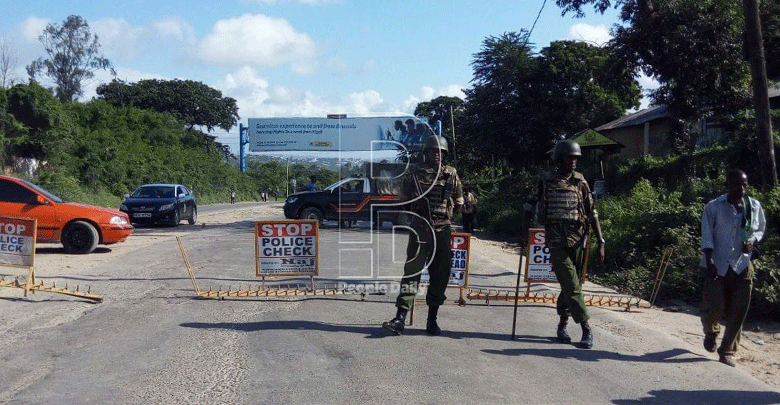Lockdown: How transport predators exploit travellers
By Musa Radoli, April 6, 2021Thousands of travellers are being fleeced by a fresh breed of predatory transporters exploiting Covid-19 pandemic restrictions.
With major public transport companies grounded after President Uhuru Kenyatta announced a ban on all inland travel into and out of Nairobi and four other counties, the new brand of transporters took charge.
The private car owners reap big by charging desperate travellers exorbitantly to sneak them in and out of the region, collectively declared a disease-infected area.
Charges per passenger depends on the origin of the journey. For instance, those from Busia, Malaba, Bungoma, Kakamega, Kisumu, Kisii, Siaya, Nyamira and Homa Bay are being forced to cough up as high Sh6,000, 5,000, 4,000 and 3,000, if they are desperate enough to travel.
The charges have never been experienced on these highways even during the 1st wave of national Covid-19 lockdown in December last year.
Fares on these routes under normal circumstances are between Sh800 and Sh1,500 or Sh2,000 in extreme circumstances and just goes to show how the predators reap big in total contravention of the current ban on movement.
The private car owners mostly take three passengers, one in the front seat and three in the back seat.
Most of the cars taking desperate travellers to their destinations at the inflated rates are not even saloons or station wagons but mini multi-purpose vehicles (MPVs) such as Toyota Vitz, Passo, Nissan Note and Toyota Duet.
Drivers executing these lucrative predatory operations and exploiting the Covid-19 spread partial lockdown, are usually aged between 20 with 40 years being the oldest coming
Spot check on the areas covering hundreds of kilometres to and from these zoned off places, indicates there is no single passenger bus witnessed navigating the highways.
The roads have basically been left to these miniature MPVs and the huge behemoths ferrying all kinds of cargo to local and external markets.
Kenya National Highways Authority (KeNHA) confirmed that as at the beginning of the Easter weekend there were no Public Service Vehicle (PSV) buses plying routes in western, coastal and even northern Kenya regions.
Director General Peter Mundia said it all started on the Friday night President Uhuru Kenyatta announced more stringent restrictions on movement of people and gatherings among others to curb spread of Covid-19.
Cargo transporters
“The traffic that dominated the highways within a very short span were heavy duty cross-country cargo transporters (trailers), lorries, pick-ups and, private cars whose surge both ways in and out of the city was suspect,” he added.
Mundia said the emergence of hundreds of the mini-saloons cars plying these highways was a worrying trend that multi-government agencies and departments were grappling with since it could be a major spreader of Covid-19.
Also in the transporation mix are a few Nissan mini-bus shuttles brave enough to risk the long journeys with passengers.
They have also pegged minimum charges per head at between Sh5,000 and 6,000 or even more.
David Onyura, a passenger from Malaba in Busia County to Nairobi last weekend, said when it comes to money, the Nissaan operatives are ruthless and uncompromising on their set terms to to allow anybody to board their vehicles to destinations in Nakuru, Nairobi and beyond.
“Compated to mini saloons, the mini-buses are the worst as when you arrive in the city at the 8.00pm curfew hour or shortly after, they dump you and you have to navigate your way to the estates at high risk of being nabbed by police,” he said.
Onyura said unlike mini-buses, most of the mini-saloons predator operatives drop their passengers to the nearest places where they can get public transport to their destinations – if it is not long into curfew hours – or drop them in their estates if not far from Central Business District.
